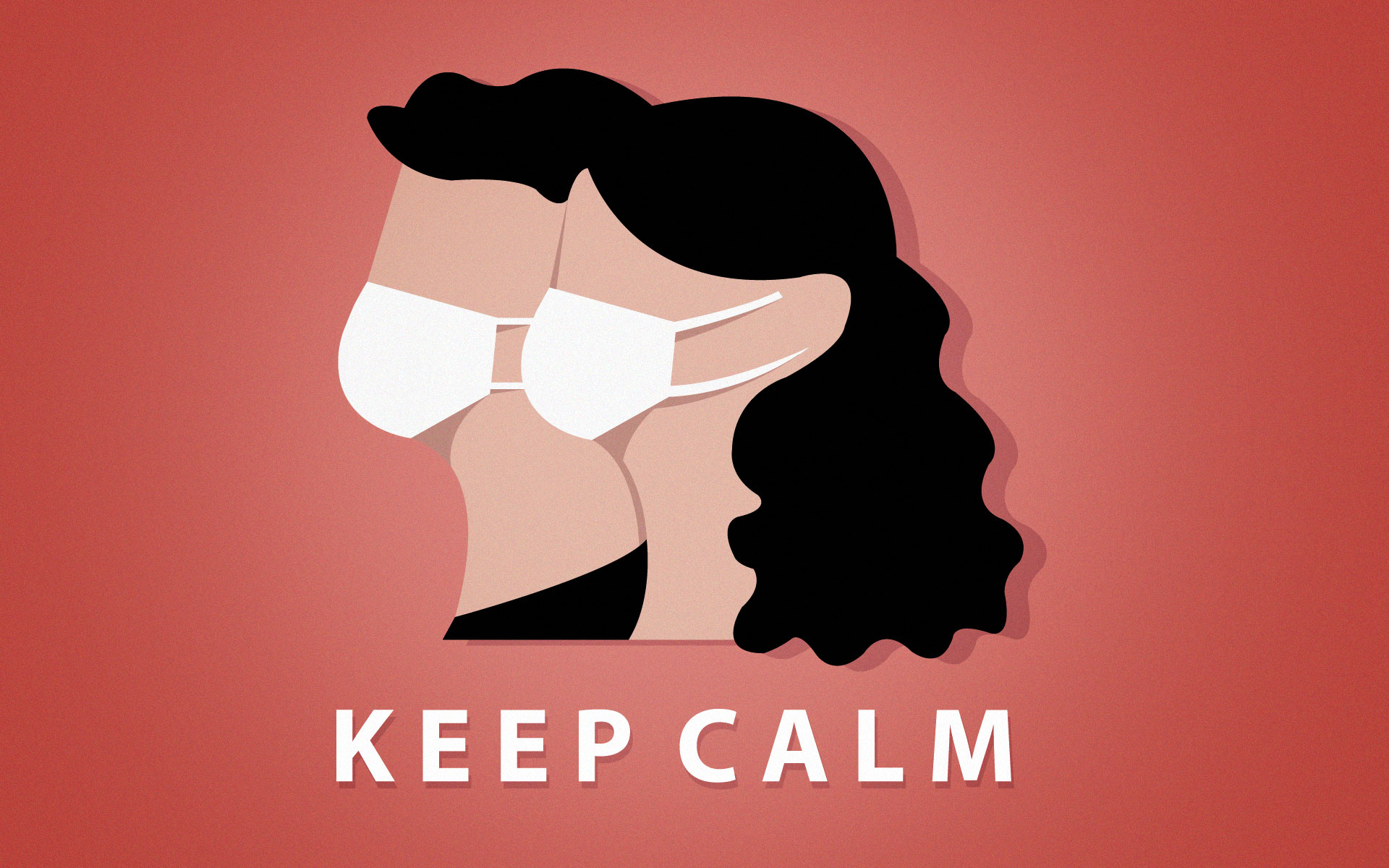Feeling anxious, under pressure, and worried? Try this guide to coping in a crisis
Anxiety and uncertainty go hand in hand, and the Covid–19 crisis has brought extreme levels of both.
“Everyone is affected, as the impact has been global,” says Dr Colinda Linde, a Johannesburg-based Clinical Psychologist, author, speaker and Board Member of the South African Depression and Anxiety Group (SADAG).
“We are all at potential risk, we are all impacted by loss of freedom and choice, and we are all impacted by the local and global socio-economic unrest.”
There may be a difference in the order of someone’s worries – illness, loved ones, job, travel – but no-one is immune from the global situation.
“Some people are still in denial and are trying to act as if it’s all okay,” Dr Linde says about Covid–19. Others may begin to act out impulsively and become angry or aggressive.
Many people are turning to food or other substances for comfort, while some may be overwhelmed by despair.
What’s the solution? Instead of avoiding the anxiety or getting stuck in a worry-loop, Dr Linde recommends the following.
- Stay in the moment
“Focus where you have the power, in the present,” says Dr Linde. This means letting go of thoughts around the past (‘If only…’, ‘Why…’) and future (‘What if…’) and focussing on what you can control now.
- Test the extremes
It’s not easy to problem-solve when you’re stuck in an anxious spiral of thoughts. Dr Linde suggests thinking things through to their natural, reality-based, ends.
Is the worst case the only possibility, or are there others?
If you do get sick, is it really true that this will lead to severe and possibly life-threatening symptoms, and that you cannot be helped by anyone, including your doctor?
If you’re retrenched, is it true that you’ll be incapable of ever finding employment or using your skill set in another way?
- Look after yourself
Once those extremes have been reality-tested, focus on a plan for what you can do right now.
You could keep your health strong by sleeping enough, doing 10 to 20 minutes of aerobic exercise five times a week, and keeping yourself hydrated.
If money is your biggest stress, try and re-skill, or have a good look at your financial habits.
- Let the feeling pass
You’ll have your “freak-out moments”. That’s only natural.
“Just try to wait it out, or cry it out if you need to, and let that wave of feeling pass,” says Dr Linde. ” It always will.”
- Stay busy
Struggling to get past the emotion? Do something. “It’s a good idea to do a small hands-on task,” Dr Linde suggests. “Wash the dishes. I promise this helps!”
- Centre yourself
Still battling with those waves of anxiety? “Try to pray or meditate,” Dr Linde says, “and remember people who are worse off.”
That’s not to minimise how bad you are feeling, but to develop compassion, which always lifts you out of a dark hole.
- Set a routine
Crises are disruptive, so you’ll need to adjust and adapt your daily routine. Here Dr Linde suggests a Both/And approach.
Make plans for what you will do each day. This includes meal ideas, when you’ll need to go out to replenish supplies, and some form of daily exercise.
Then draw up a list of things you enjoy, such as a TV series or a book, or look at those cluttered spaces in your house that you now have time to un-clutter.
- Plan ahead
Start thinking about what you will do when the crisis is over. Limit that to 20 minutes at most every day, to prevent you from getting overwhelmed.
- Cut back on social media
Limit your time on news and social media. It’s all too easy to get dragged into a negative spiral of fear and despair.
- Reach out for help
If you’re feeling overwhelmed by anxiety, reach out. Try SADAG or visit ThoughtsFirst, which has free resources to guide you along.

Leave a Reply